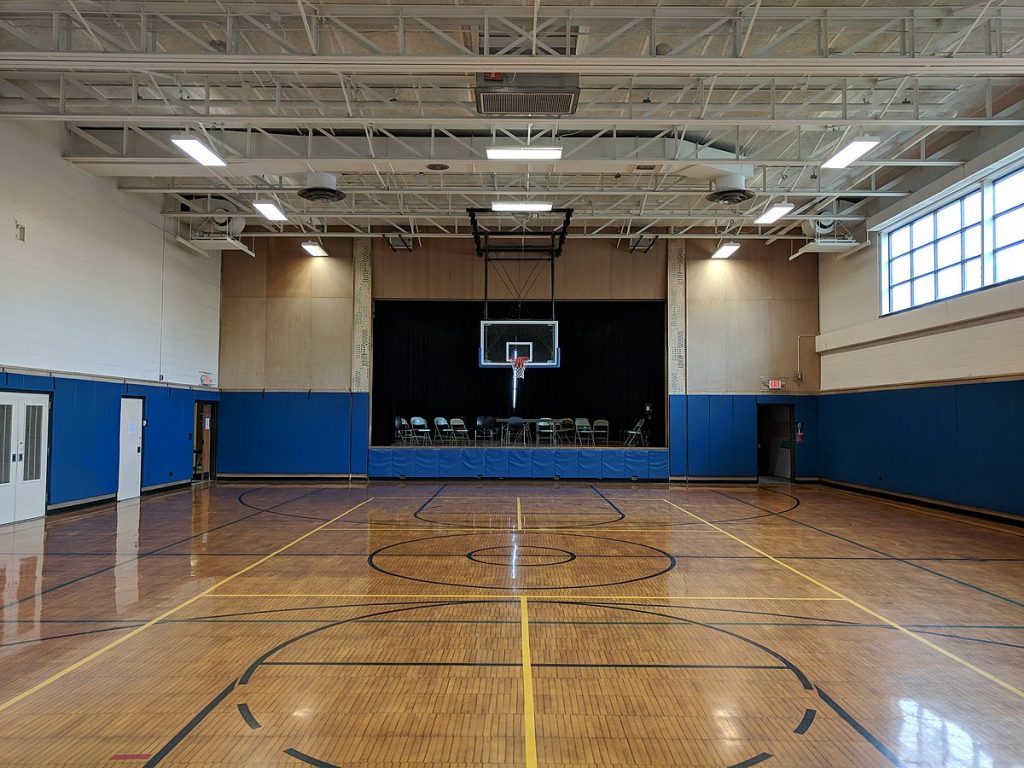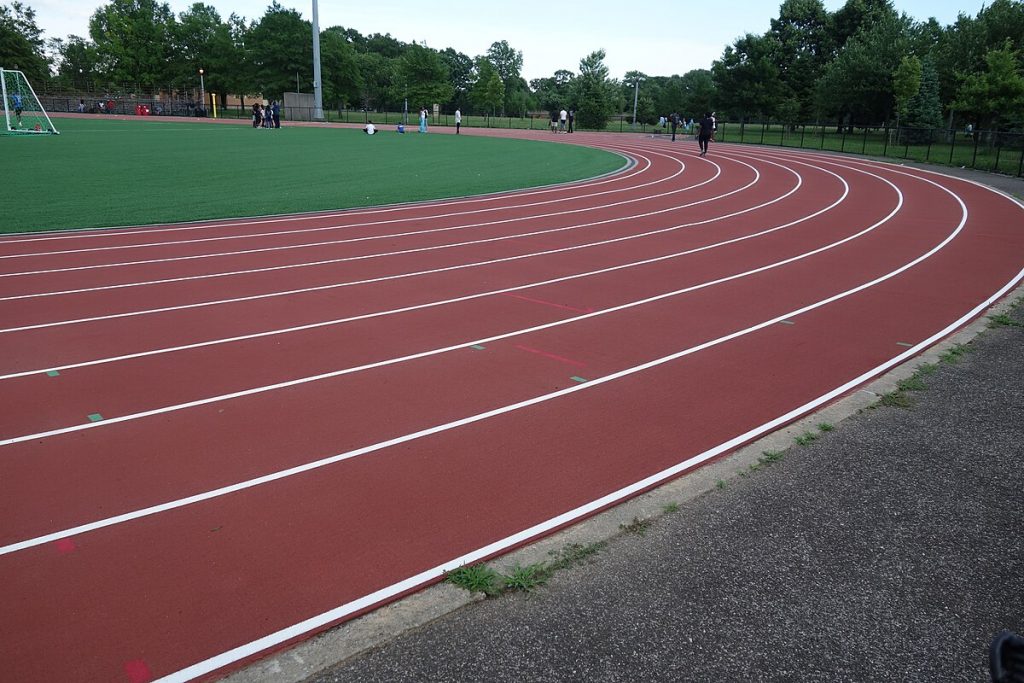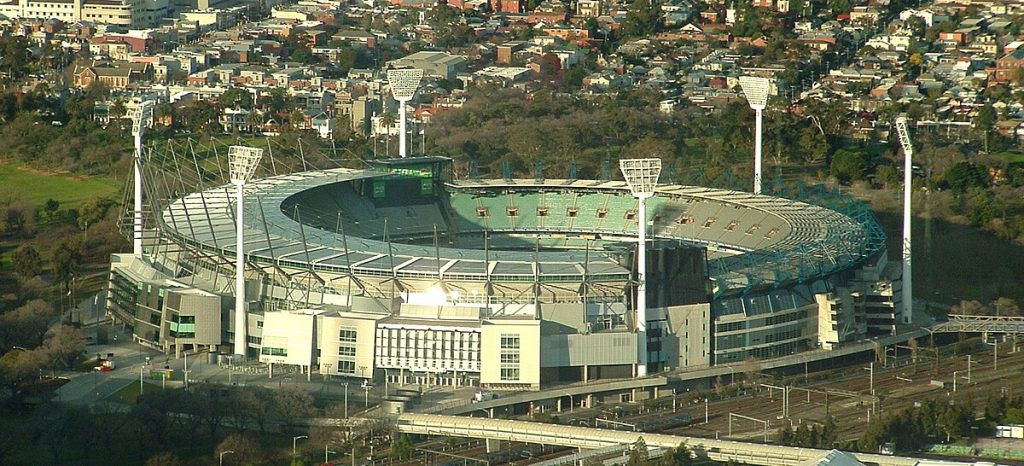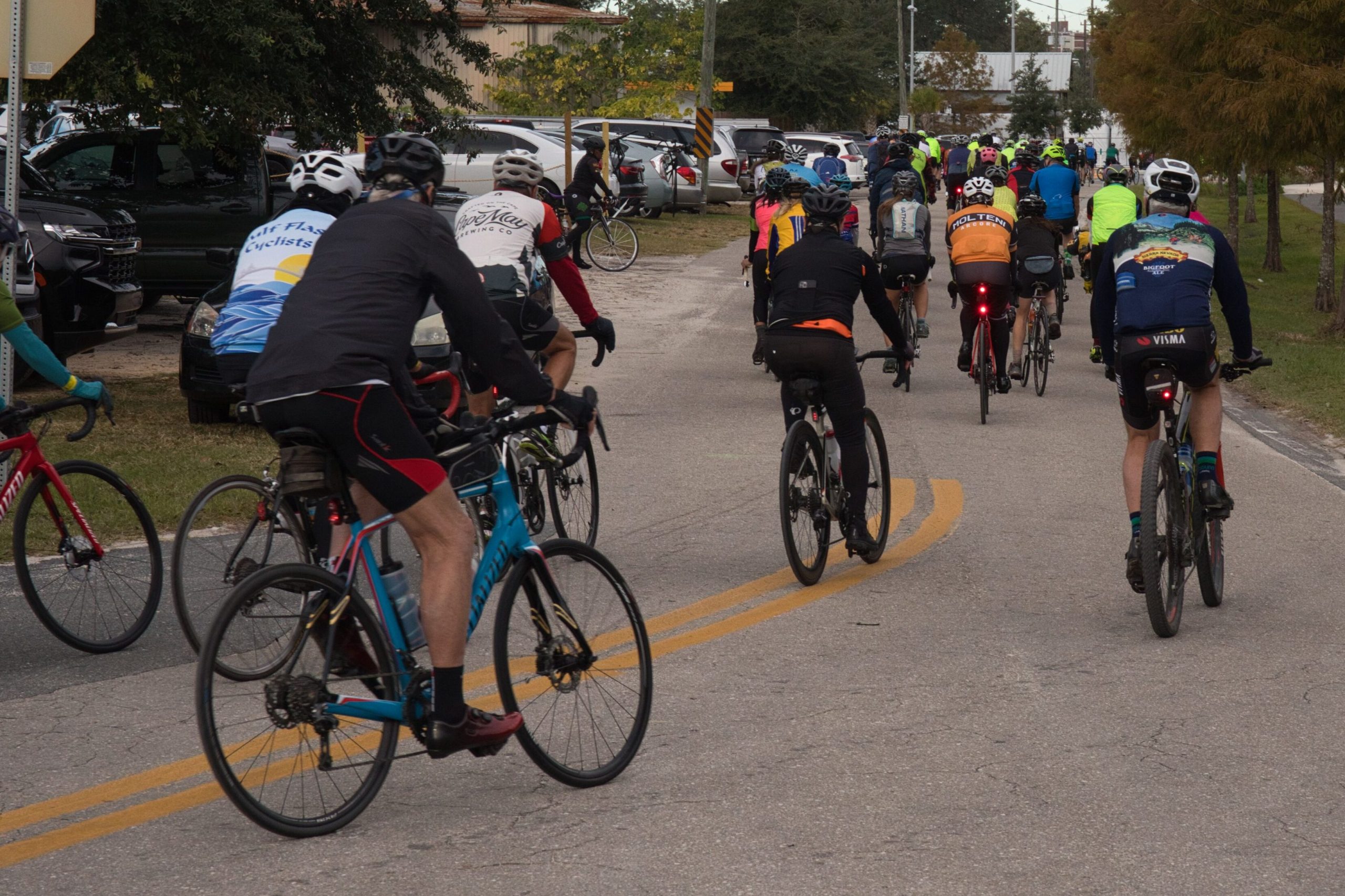Do you remember your favorite subjects in school? Some might like art, others music. The nerdier kids might enjoy science or computer class, yet for many kids, especially young boys, their favorite school activities were anything related to sports. One might think that it’s common for people on the spectrum to be interested in sports, at least when it comes to knowing everything there is to know about them, whether it is a particular sport, such as baseball where every player has a set of stats, a family of sports, such as football (soccer, American football, rugby, Aussie rules, etc.), or a wide range of sports. I, however, am not one of these people. School actually taught me to hate sports.

At many schools, sports divide the kids into two groups: those who were really good at sports, competed with other schools, and enjoyed every moment of it and those who were not so good at sports, but get satisfaction out of playing. Where was I? I was in the third group: kids who were terrible at all things sports and hated every moment of it.
I was not a fast runner and having less than perfect binocular vision meant that I was more likely to get hit in the head by a fast ball than be able to catch it. There were also a lot of games that I did not play because I did not know how to play them and I did not have friends who could teach me. Instead of being out on the field playing cricket or in the playground playing tag with the other kids, I spent many lunch breaks by myself in the sandbox digging holes and building sandcastles, sometimes with the other outcast” kids.
This had all set in by the time I reached Std. 2 (roughly equivalent to 3rd grade in the US school system), physical fitness had become a regular part of each day – at the beginning of every day we were require to take off our warm jackets go outside into the chilly morning weather and run laps around the school grounds. It was as if the teachers got some sort of sick pleasure standing there in their nice warm clothes, watching us students suffer as we did lap after lap. Sometimes when they got fed up with the class’s behaviour, they would even send everyone out to run laps as a punishment. Just as high school English class ruined books by taking the fun out of reading (how was I supposed to know why the curtains were blue?), primary school fitness taught me to loathe running. They didn’t teach much about the health benefits of being physically active – only the pain and suffering part.
In the afternoons we would regularly go out for PE – usually this involved “sport” sports – cricket, T-ball, etc. and other times it was just athletics – relays, long jump, running races, etc. When it came to playing T-ball, I was often out by the time I made it to second base (assuming I was even able to hit the ball), and for the running races, I usually came in last. The teachers did not seem to care and I just came to accept that I was terrible at sports – being the “different” and therefore “uncool” kid anyway, getting picked last for everything was expected.
There was a bright spot, however – every year, the school held its cross country race, which involved an approximately 1.7 km (about one mile) course around the block and school grounds. Initially, I dreaded it because it meant even more running, but my parents offered me a few dollars if finished the race, and a few more dollars if I didn’t come last. This was a tall order for someone like me, but the promise of money motivated me. On the day of the race, I ran, and ran, and ran I was out of breath and sore, but I finished. Not only that, but I finished in ninth place (out of the fifteen boys in my class), and for me that was a win – plus I got five dollars out of it. I certainly did not start enjoying running, but at least it was over.

I went to middle school in the US, and in seventh grade, I had PE as one of my courses. Naturally it was my least favourite subject (behind even English class). The pain and suffering would start when the coach blew his whistle in the locker room (those hard surfaces made for less than pleasant acoustics) and like in primary school, there was lots of running, but with some flag football thrown in (also a game I never actually learned how to play, so I just usually stood around on the field playing with some leaves or watching an interesting looking bug I found in the grass). Getting points docked off my grade due to not being able to run fast enough did not help either. Fortunately at the beginning of the second semester, the coach took notice at my complete lack of interest in a game of dodgeball (something all the other kids were looking forward to) and sent me to the guidance office, where they transferred me to home economics where I instead got to partake in more interesting topics, such as cooking and especially home design.
While in middle school, I also joined a Saturday morning bowling league as my brothers were also doing it and while I was never as good at the sport as they were, I was not terrible either and even improved over the years, but my performance was often related to my mental state. I could be on a roll, getting a bunch of strikes in a row and then getting a gutter-ball. The resulting anxiety would create a circular anxiety feedback loop and resulted in me bowling terribly for the rest of the game. Team-mates deliberately bowling poorly and unsolicited “advice” from family members did not help much either.

While I did hate playing most sports, I actually got some enjoyment from watching sports, at least sometimes. Not on TV, but actually in a stadium with the crowds and noise. This is obviously something that would not normally appeal to people on the spectrum but I did have my limits. I went to a university known for one of the loudest NCAA stadiums in the country and knew it was not for me. We did go to rugby, ice hockey, and even Aussie Rules football games (we lived in Melbourne for about a year). The game itself I generally did not care much for – it was often difficult to follow (especially games with complex rules like American football), but I enjoyed the experience – going to the stadium, dressing in team colors, waving flags, etc.

After I finished school, I started cycling more – not so much for exercise, but out of necessity. I did not have my license (and therefore a car), but still needed to get around. I took this one step further when I realized that riding my bike was often quicker than taking the bus to get around town. Cycling was a sport that I was actually decent at, and when it came to just riding – it was less about winning or losing and just getting out and taking in the scenery at your own pace. I was not the fastest cyclist, but I completed several organized century rides (rides of at least 100 miles, or roughly 160 km).
To this day I still cycle fairly often, but since I have a car now it is no longer my only option for day-to-day transportation. The rest of my exercise needs are taken up by walking, which has numerous benefits – it is easier on the knees than running and can be done pretty much anywhere and at any time. I do wonder, however, how different life might have been if school sports was a little more friendlier to those on the spectrum.
